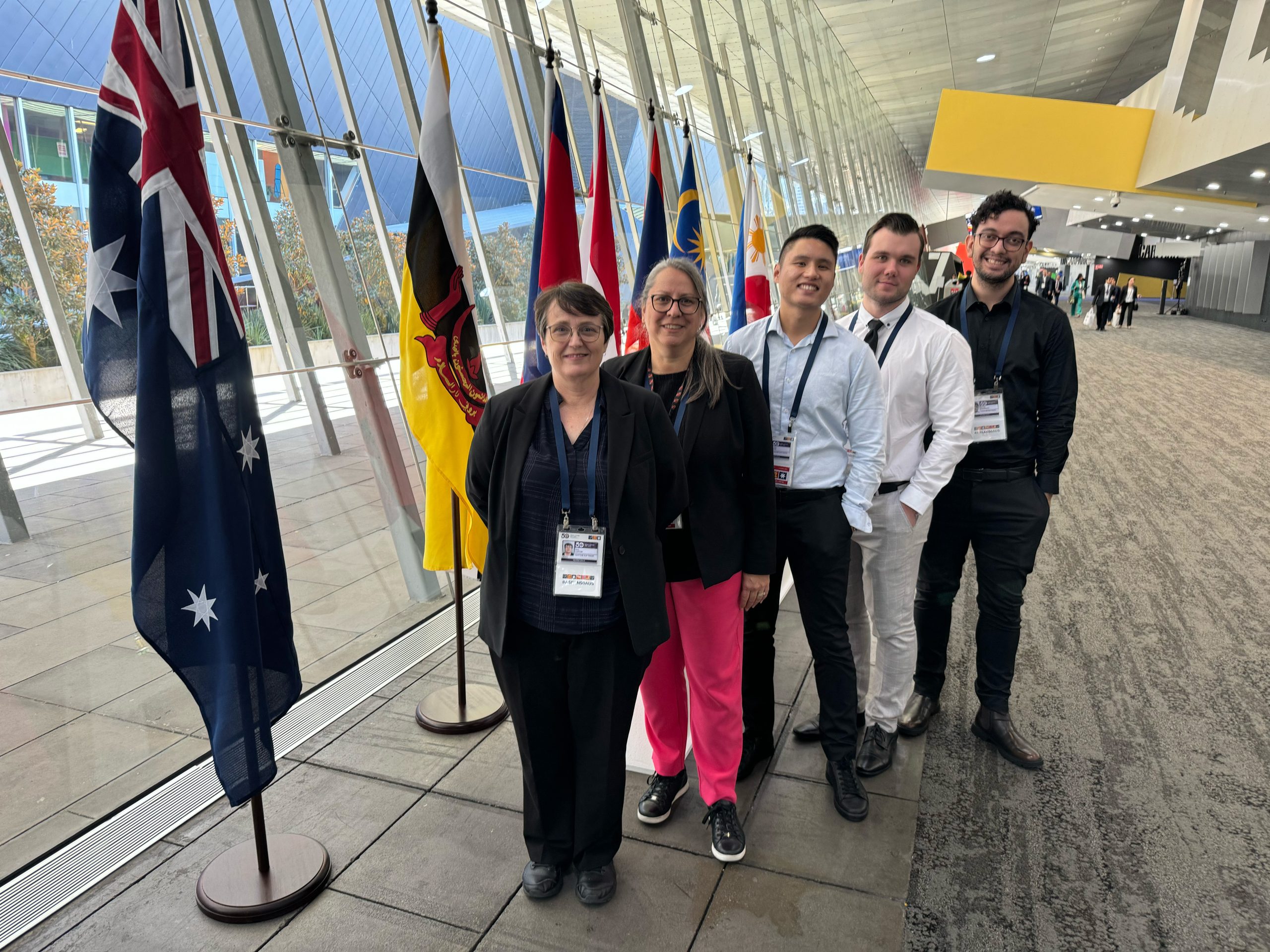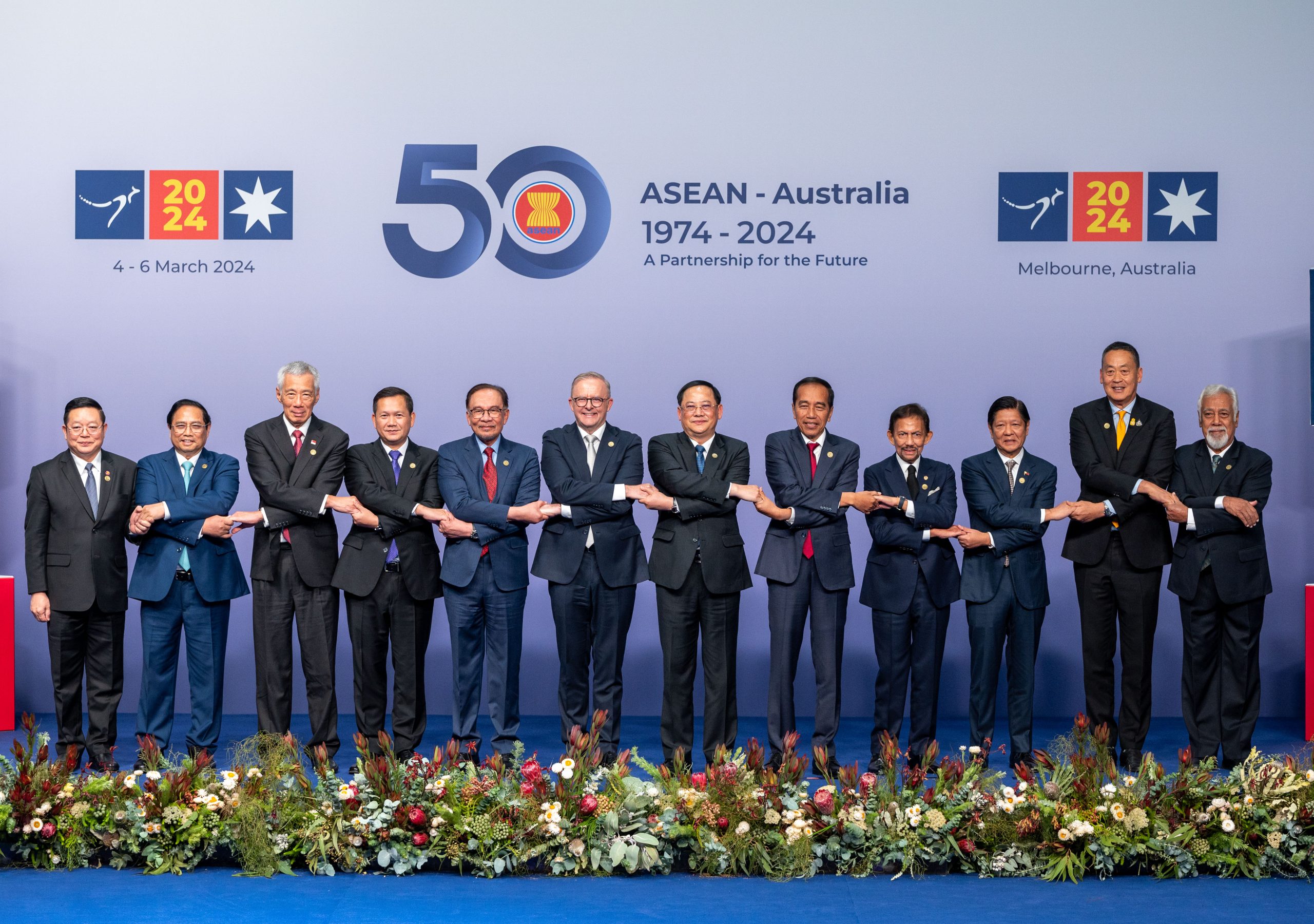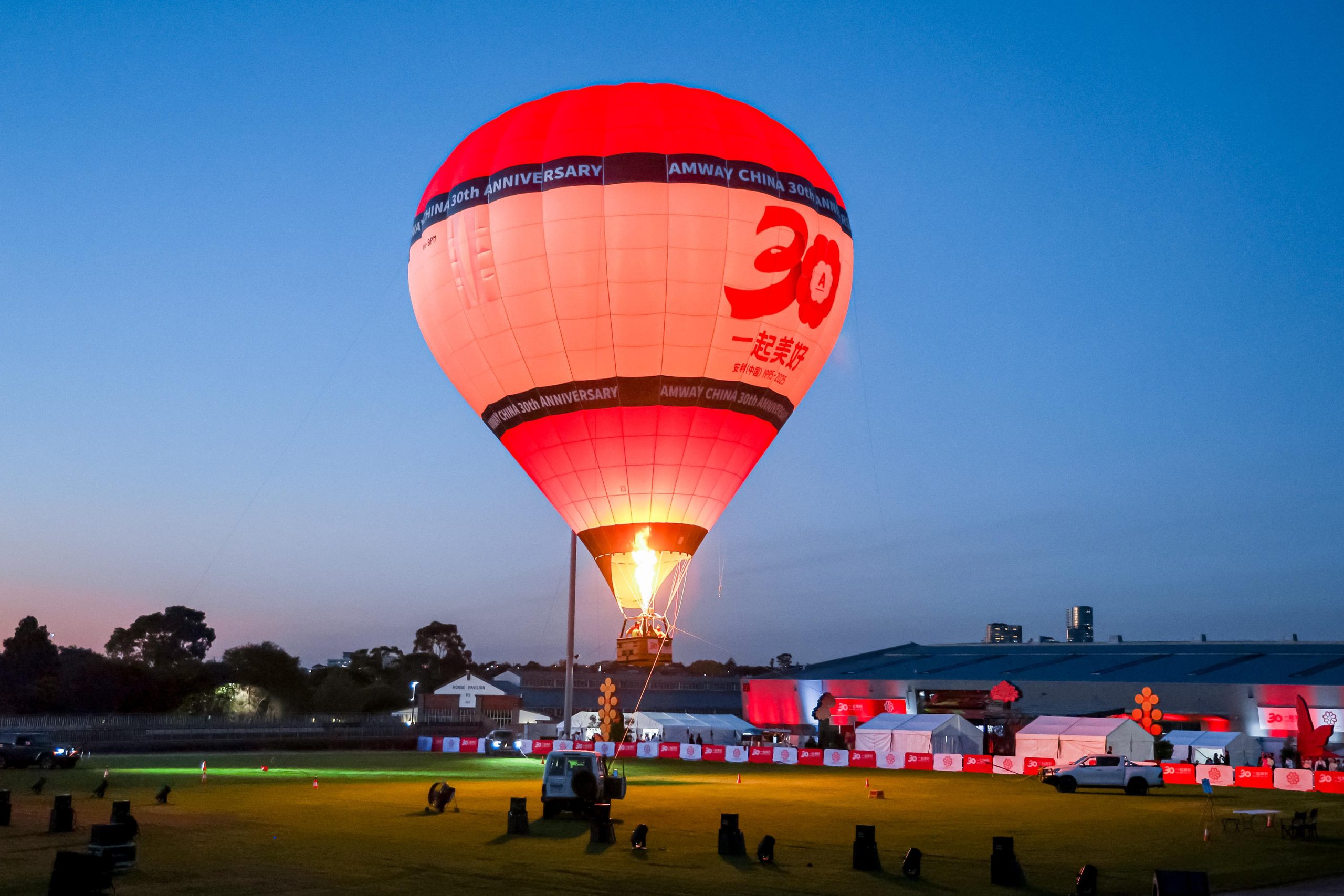Picture the following scenario: 100 of your company’s best potential clients are gathered for an evening of fine wining and dining. They are served a sumptuous feast from a carefully selected menu and the guests are hitting it off well with your company’s executives – everything is generally going according to plan.
However, you need just that extra little something to leave a lasting impression on your guests, so they won’t forget about you when their hangovers clear in the morning. What do you do?
Whether to deliver a keynote speech for large-scale conferences and seminars or to speak at more modest gatherings, such as formal corporate dinners or internal team-building activities, an increasing number of organisations are engaging the services of paid speakers. They are being tapped to achieve a variety of outcomes, from providing senior company executives with fresh ideas and insights that could lead to improvements in how business is managed or to new product innovations, to sharing best practices within a given industry, building awareness around important emerging trends, inspiring or engaging staff, or just creating bonding around a shared experience for a group of people.
“If are you looking to achieve a particular outcome for a conference, you’ve got two options. Either you use someone that you know and you can get for free or at minimal cost, or you use people that can deliver an outcome for you,” says Peter Rossetti, director for speaker bureau ICMI in Australia, a company with a 20-year track record of matching company events with such illustrious speakers as former US general Norman Schwarzkopf, former chairman of US carmaker Chrysler Lee Iacocca, former president of South Africa Nelson Mandela, former leader of the USSR Mikhail Gorbachev, and former General Electric chairman and chief executive officer Jack Welsh.
“What paid speakers bring to the table is the ability to both engage and entertain in a variety of environments. That is a specialised skill set [and] not a lot of people can do both well. You might know a friend or a colleague who can do both, but that would be a rare case,” adds Rossetti. “If it’s your business prospects that will be on the line, would you want someone who has made a public speech once in their entire life, or would you prefer somebody else who has done it a hundred times and who could be relied upon to deliver consistently?”

Matching the speaker to the right job
Once companies know they want to hire a professional speaker, the first thing they need to figure out is to understand what outcomes they are trying to achieve, says Rossetti. “It’s critically important. Who are the audience, what are their interests and what are the issues surrounding the goals they are trying to achieve – these all drive the type of speaker that you can use.”
Without an intimate knowledge of what outcomes are expected from a paid speaking engagement, even the best-paid professional speaker will almost surely fail, he adds. There are different types of speakers, all suited to different circumstances. For example, motivational speakers could be employed to craft an uplifting narrative, built around personal experiences, which could be used to energise employees and boost corporate morale.
On the other hand, a company seeking to create a shared experience – and in the process cement ties with clients and customers over an evening meal – may find an entertainer, such as a comedian who can inject humour but at the same time deliver a message, appropriate. Then there are industry experts who range from former corporate chief executives to consultants and industry stock analysts, who would be better suited to providing a left-brain-oriented, in-depth look at a business topic to show executives fresh perspectives that give them an advantage over competitors.
Finally, celebrity speakers – professional speakers who are recognisable household names – could be called upon to draw attention to an event and attract a wider audience.
Another important consideration is who the audience is. “You’ve got to look at who your audience is and what resonates strongly with them,” says Rossetti, adding that, for example, in Australia or New Zealand sport has a deep resonance, but interest is mainly around cricket and rugby. A sports personality – such as a former professional coach – typically makes for a good motivational speaker, but a company in either country looking for a sports personality to energise staff would do better to engage a well-known cricket or rugby personality. Ice-hockey legend Wayne Gretzky, for example, is well known in Canada and the US, but Australian audiences would find him difficult to relate to.
In the same vein, a celebrity comedian such as Chris Rock or Jon Stewart may have a huge following in the US. However, they may find themselves in front of a tough audience in a room full of Asian executives, since humour is typically culture-specific and their jokes may become lost in translation.
Only when companies have a good grasp of these basic considerations should they move on to ask themselves who they should invite and how much they should pay.
How much does it cost?
Typically, speaking fees run between US$3,000 to US$10,000 per engagement. Often, the fee a speaker charges will greatly depend on demand. For example, at the extreme end, celebrity public speakers such as New York property magnate Donald Trump command lucrative fees. Trump has reported been paid anywhere up to US$1.5 million for hour-long public speaking engagements. Another well-paid speaker is former US president Bill Clinton, who typically charges anywhere from US$150,000 to US$300,000 per speaking engagement. In 2009 alone, the former president earned US$7.5 million from making 36 paid speeches, according to annual financial disclosure reports filed by his wife, US secretary of state Hillary Clinton.
Former British prime minister Tony Blair, former mayor of New York Rudy Giuliani, former chairman of the US Federal Reserve Alan Greenspan, sports icon Lance Armstrong, former US vice-president Al Gore, British businessman Sir Richard Branson and former US vice-presidential candidate Sarah Palin all command six-figure speaking fees in part because of their star power.
Priscilla Chan, director for Hong Kong-based speakers’ bureau Speakers Connect, says a standard speaking engagement ranges typically from an hour to 90 minutes, although longer sessions can be arranged with the individual speaker for a bigger fee. Keep in mind, however, that longer speeches typically come with a discount and how much a speaker charges isn’t directly proportional to the time they spend on the podium. For example, if a speaker charges US$5,000 to speak for 90 minutes, then the fee for a longer three-hour engagement could be US$7,000, rather than US$10,000. The exact fee for longer speaking engagements is typically negotiable, she adds.
Speaking fees are generally not inclusive of travel and accommodation, meaning that an organisation inviting a speaker will have to pay for a Business class airfare at least, as well as accommodation in a five-star hotel. Once again, such associated fees are higher for celebrities such as former politicians, some of whom travel with their own personal security detail and personal assistants – who may arrive ahead of the speaking engagement to make any necessary arrangements before the event.
To lower airfare costs, companies could consider inviting speakers who are already passing through the region in which the event is to be held. For example, if a New York-based speaker is known to be travelling to Singapore on other matters, a company organising an event in Hong Kong would only need to pay for the return airfare for the speaker to travel from Singapore to Hong Kong (as well as hotel accommodation for his or her stay in the city), rather than the more expensive Hong Kong to New York return airfare.
Another worthwhile point to note is that, while a more expensive speaker usually means they are in higher demand, a bigger price tag isn’t necessarily indicative of better quality. What the higher end of the public speaking portfolio is likely to bring to the table is the “gee-whiz” factor – celebrities such as Sarah Palin or Tom Cruise are more likely to ride their celebrity status and give a satisfactory performance or speech, regardless of whether or not the audience agrees with their message, says ICMI’s Rossetti.
“When you have a celebrity, there is an additional ‘gee-whiz’ factor which just means that more people will be satisfied with his performance. On a scale of one to 10, 10 being completely satisfied with a speech, Ricky [Gervais] may be a five. But because he is famous, that automatically gives him a couple more points and it just means that out of every 10 people listening to his speech, maybe seven or eight like what he says, rather than just five,” Rossetti says.
Speakers Connect’s Chan notes that the common practice is for companies to splash out on high-profile speakers when entertaining high-value clients – with the idea being that if customers are impressed with the event, they will be encouraged to sign lucrative business contracts with the company, easily offsetting even a high-profile speaker’s steep fees.
If the audience are a company’s employees, it is not unusual for organisations to hire a more modestly-priced speaker who is still highly effective at delivering an intended message. There are exceptions – large companies with bigger budgets from time to time bring in well-known personalities for internal events, such as corporate annual dinners and motivational workshops, regardless of cost, she says.
Also, although a less well-known public speaker may charge a more modest fee, their fees may go up over time. This is particularly so among public speakers who are also authors; sometimes all it takes is one best-selling book for demand for speaking engagements to go up, she adds.

Always have a plan B
One thing that event organisers should always be prepared for when considering inviting paid guest speakers is that they may not be available, regardless of how much money is involved. For example, earlier this year comedian Ricky Gervais turned down an offer by a bank in Hong Kong to perform for 40 minutes at a corporate event for £1 million (US$1.6 million). This was despite the fact that the bank’s speaking fee offer – at £25,000 (US$39,551) per minute – would have made it one of the highest-ever paid speeches on public record and that the bank also offered the comedian the use of a private jet to fly him to Hong Kong from his home in London and back.
Similarly, Hollywood leading man Michael Douglas, whose iconic role as Gordon Gekko in the movie Wall Street: Money Never Sleeps inspired a new generation of investment bankers, was invited by the Hong Kong-based equity brokerage CLSA to speak at their investors’ forum in September. However, the actor cancelled his appearance to undergo treatment for a throat tumour.
Speakers may have yet other reasons why they are unable to make an appearance. Some may have previously signed agreements not to make public appearances after they left an organisation, while for others the reasons maybe more complex.
For example, someone like former US President Bill Clinton, a highly-sought-after public speaker, would consider factors such as who is organising the event being held, who the audience will be and what kind of questions they may be asking, thanks to his wife’s status as an incumbent senior US administration official. He would turn down a speaking engagement even if it were in excess of his usually high US$300,000 fee if he felt the event might not mix well with his or his wife’s image, says Chan. Speakers may also decline on ethical grounds, for example, if the audience consisted of executives from a pariah industry such as tobacco.
However, Chan – whose company counts Apple Computer founder Steve Wozniak, tennis legend John McEnroe and British tycoon Sir Richard Branson among its speakers – notes that such instances, where speakers decline to speak because of complicated geopolitical concerns, are rare. It is more likely that speakers decline either because they have speaking or other business or personal engagements at the same time or because the venue is unsuitable – a speaker may be travelling through Europe and therefore it would be inconvenient to attend an event halfway round the world in Asia, she says. http://www.meet-in-shanghai.net/ “Timing would usually be the most crucial factor in whether or not a particular speaker can make an engagement, rather than any geopolitical concerns,” says Chan, adding that this is especially the case for speakers who are in high demand.

Finding the right speaker can be difficult
Chan adds that it is not unusual for companies or event managers hosting events for the first time to solicit professional speakers directly. However, it is not unusual, either, for this to end in tears. First of all, the search process can be difficult and time consuming. At minimum, this would involve researching each potential speaker’s promotional materials – such as a press kit or website. Another practice is to look for either video or audio demonstration tapes of past speeches conducted, which could be in the form of CDs or on the internet.
The next step is then to view a live performance of the speaker giving a speech and, if they are found to be suitable, to set up a meeting or a conference call to discuss a possible commission. Even if a company is willing to run the research gauntlet and is able to contact the speaker successfully – itself no easy feat – it needs to coordinate and manage the costs associated with travel and accommodation.
Also, there is no such thing as a perfect speaker and even the best will not engage everybody, says Rossetti. “There is no such thing as a speaker that everyone thinks is fantastic. It just doesn’t exist,” he says, adding that this is especially the case with comedians who, in addition to being funny, must remember they are speaking to a corporate crowd. That means no swearing and no dirty jokes – and that immediately rules out a lot of names. On top of that, they also need to be able to deliver a message to the audience they are addressing. All of this makes finding the ideal entertainer for a public speaking engagement a difficult process, he says.
Another important point is to have a realistic expectation of what the speaker can and cannot deliver.
While former business executives, the likes of Jack Welsh and Lee Iacocca, are often called upon to shed business insights on their own or on related industries, they are unlikely to be able to provide an in-depth analysis of a business that, for example, a consultant would provide.
“They are not necessarily going to get a detailed road map to tackle an issue. Typically, what a keynote [speaker] is for is to make people aware of issues they are not aware of, to inspire or engage them to take action, whether it’s change or taking a leadership role,” says Rossetti .
All of this means that, at the end of the day, it may make sense to commission a speakers’ bureau to locate a professional speaker.
This makes even more sense when considering the industry practice is for the bureau to deduct fees from the speaker’s honorarium.
“Some speakers may look like they fit, but don’t really fit. If you come to us, we can give you five options and tell you exactly how much they cost. We can do in 20 minutes, what would take people searching independently two to three days to do because we save energy and we give the outcomes companies are after,” he adds.
“You’ve got to look at who your audience is and what resonates strongly with them”
Typically, what a keynote [speaker] is for is to make people aware of issues they are not aware of, to inspire or engage them to take action, whether it’s change or taking a leadership role get your objectives right!
Do you want the speaker to:
• Provide fresh ideas and insights that lead to improvements in how business is managed
• Share best practices within a given industry
• Build awareness around important emerging trends
• Inspire or engage staff
• Energise employees and boost corporate morale
• Create bonding around a shared experience for a group of people
• Impress business partners or clients


